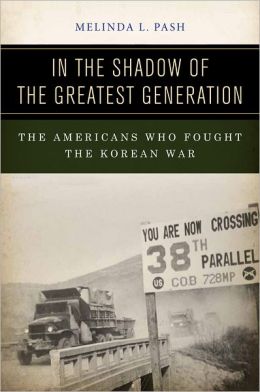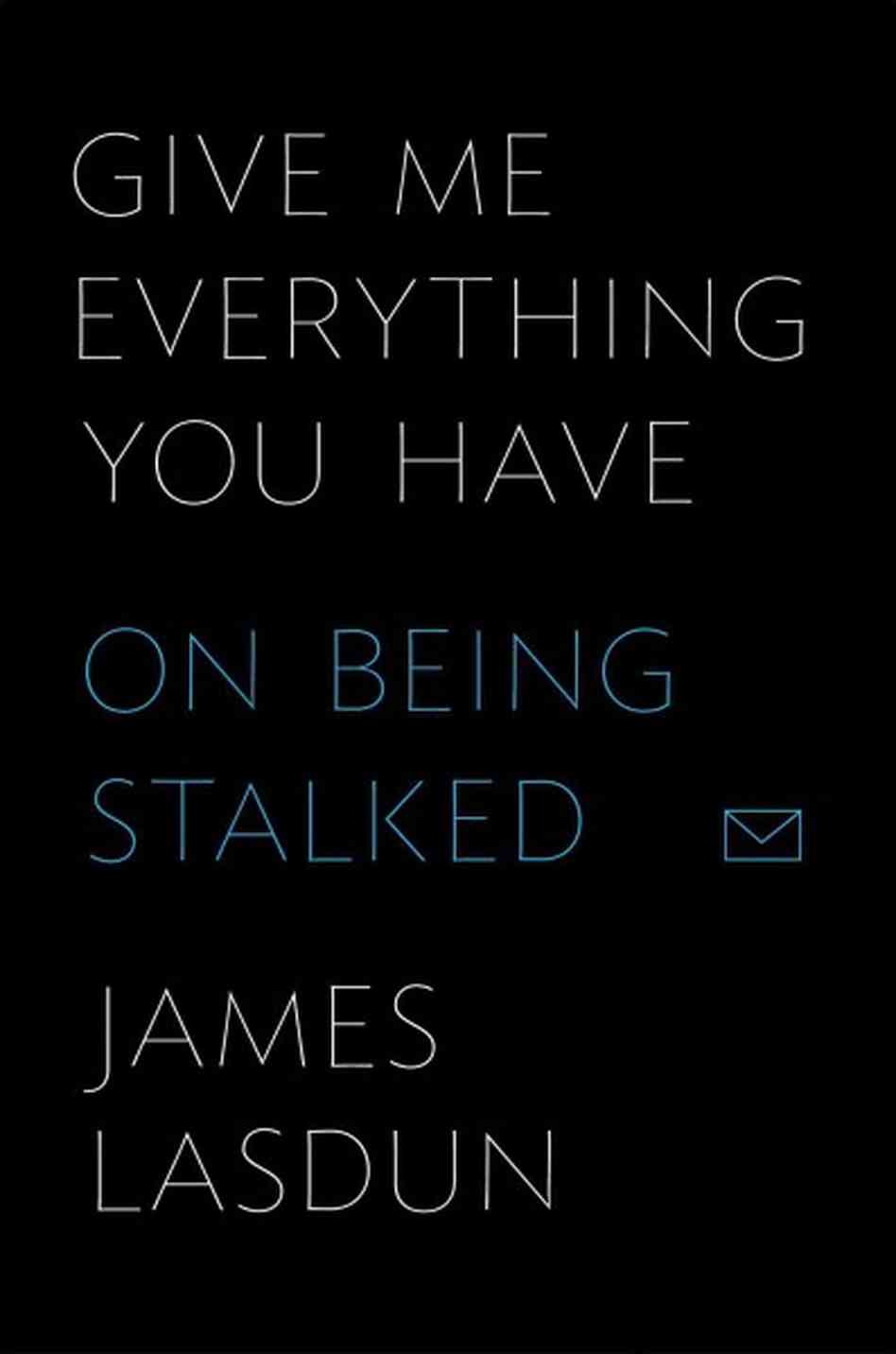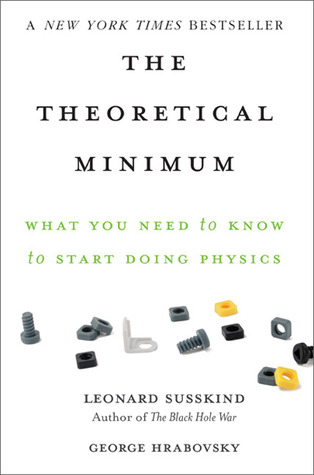-

In the Shadow of the Greatest Generation: The Americans Who Fought the Korean War
by Melinda L. Pash

The Nutshell:
Between exulting in World War II and deploring the Vietnam War, we tend to forget the Korean War and its veterans. Pash, a historian at Fayetteville Technical Community College, strives to give these forgotten soldiers their due, largely by recounting their own words about the everyday experiences of war.
Literary Lovechild Of:
Sebastian Junger’s War and David Halberstam’s The Coldest Winter: America and the Korean War.
You'll Find It On Your Bookshelf If:
You feel bad that you’d always ask your uncle about his experiences in the Vietnam War, since he served in Korea.
Cocktail Party Fodder:
In August 1950, 65 percent of Americans were firmly behind the war effort in Korea; six months later, only 38 percent of Americans thought Korea was not a mistake.
For Optimal Benefit:
After reading this book, watch the M*A*S*H complete collection—preferably with a less educated companion viewer, to whom you can point out the disparities between fact and fiction over the course of 36 DVDs.
Snap Judgment:
Pash makes a strong case for how World War II shaped the lives and choices of Korean War veterans—and how they in turn foreshadowed the experience of those who fought in Vietnam—while honoring the unique struggles they faced.
-

Give Me Everything You Have: On Being Stalked
by James Lasdun

The Nutshell:
Lasdun, a novelist and poet, was cyber-stalked by a former creative writing student after he offered to help her sell her novel-in-progress. He recounts how easily a friendly, perhaps mildly flirtatious e-mail correspondence morphed into an ugly, anti-Semitic—and effective—online smear campaign that nearly became all-consuming.
Literary Lovechild Of:
Frederick Exley’s A Fan’s Notes and Merri Lisa Johnson’s Girl in Need of a Tourniquet: Memoir of a Borderline Personality.
You'll Find It On Your Bookshelf If:
You’re stalking James Lasdun.
Cocktail Party Fodder:
It’s shockingly easy to send false e-mails using third-party websites; Lasdun’s stalker sent videos and articles from websites, appended with nasty messages, that purportedly came from people he knew.
For Optimal Benefit:
Do not read if you are expecting a how-to on stopping a stalker (spoiler alert!): Lasdun’s stalker, at the time of publication, had not given up.
Snap Judgment:
Lasdun weaves voluminous threads—literary, biographical, historical—through a very specific, chilling, personal story.
-

The Theoretical Minimum: What You Need to Know to Start Doing Physics
by Leonard Susskind and George Hrabovsky

The Nutshell:
The video recordings of Stanford University physicist Susskind’s basic physics class for the university’s continuing studies program for non-students became so popular that he turned them into a book with the help of citizen scientist Hrabovsky.
Literary Lovechild Of:
Richard P. Feynman’s Six Easy Pieces: Essentials of Physics Explained by Its Most Brilliant Teacher and Robert L. Wolke’s What Einstein Didn’t Know: Scientific Answers to Everyday Questions.
You'll Find It On Your Bookshelf If:
You may not know how to pronounce “Gibbs-Liouville Theorem,” but you intend to hold forth on it anyway, and very soon.
Cocktail Party Fodder:
Mass is the quantitative measure of an object’s inertia.
For Optimal Benefit:
Read before crashing a physics conference and trying to get lucky.
Snap Judgment:
If you’re motivated to learn physics but without a lot of time on your hands—and if you’re one of those people who learn best by reading—The Theoretical Minimum is perfect for you. If you’re not so motivated, and if you learn better by doing or seeing, sign up for Susskind’s class.



